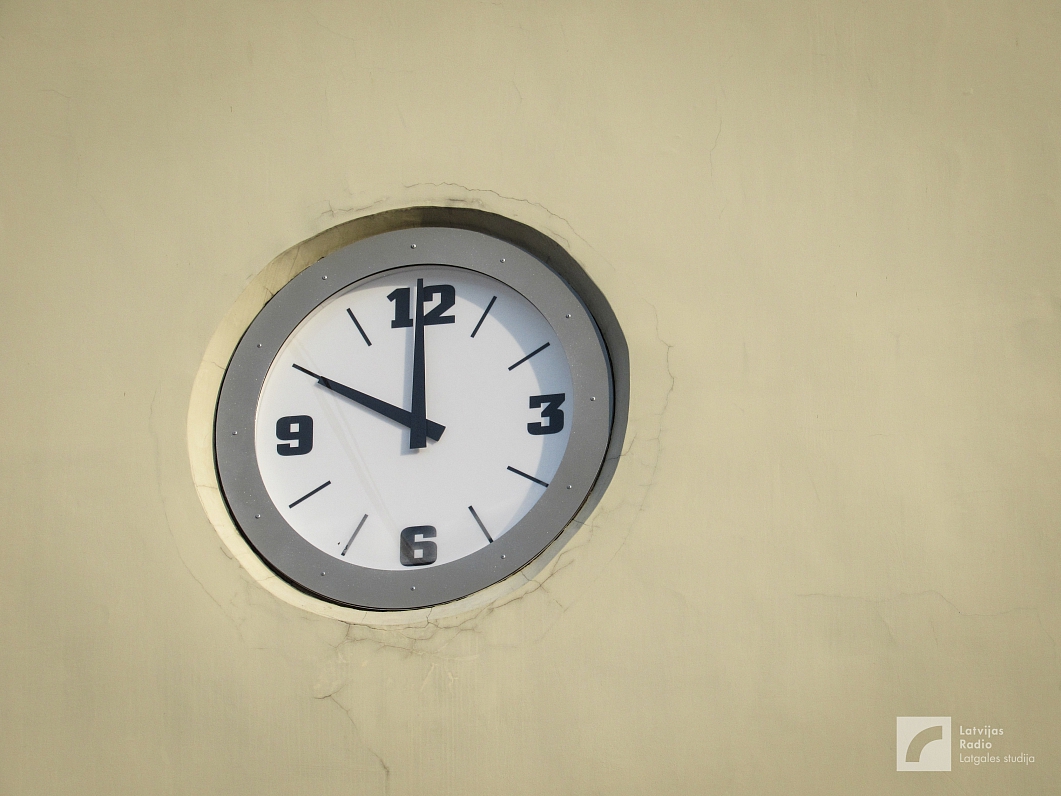Professor Baiba Šavriņa of the University of Latvia (LU) said that the idea of a shortened working week is not new – it has been discussed in the 1930s, during the Great Depression, when many were unemployed.
"At the time, renowned English economist John Maynard Keynes wrote that Americans will not work more than 15 hours a week in the future. And this will be linked to technological progress, because machines can accomplish a lot of what someone is doing right now. Microsoft has now introduced a four working day week in Japan and found that productivity has indeed increased by 40%.
But it must be understood that it is about Japan, where, of course, the workforce is used to the maximum, and then its productivity is really growing," explained the professor.
A shortened working week allows people to spend more time with family, people are happier and burnout syndrome is reduced. Šavrina said that in New Zealand, where the tourism sector is crucial in the economy, this year working week was shortened to make people travel more around their country. A shortened working week makes it possible to save electricity, but the main benefit is the possibility of reducing the unemployment rate.
"In France, a law was adopted in 1996 that reduced the working time for existing employees in order to be able to recruit the unemployed. A special emphasis was on the long-term unemployed. This experiment lasted two years and turned into a protest movement. Especially young people vandalized, burned buses and smashed windows," Šavriņa said.
Head of the Ministry of Economics (EM) Analytics Division Jānis Salmiņš said Germany, Finland and France are discussing a shorter working week because they work more productive and earn much more per hour than employees in Latvia.
"For example, in Germany people work 35 hours a week, earning an average of €30 per hour. That means their earnings per week exceed €1,000. We work 40 hours and the average income is €10 per hour, which is €400 a week, respectively. In developed economies, people, even with fewer hours, earn enough money for their livelihood. I think if this regulation was introduced in Latvia, many would continue to work overtime and increase their income," said the EM representative.
Baiba Šavriņa said that there are jobs, such as hospitals and airports, where work takes place seven days a week 24 hours a day and will never be able to introduce a four-day working week. Working less will also reduce incomes.
"The average reduction will be 10%. There are different traditions and mentalities. There is a large part of people who do not want to work at all and much prefer to live on social security benefits. Companies are having trouble recruiting young people, they still need to be trained, so the economic effect is already very doubtful. So there are both administrative and financial difficulties. It is much more beneficial to keep an experienced employee, to change generations i not going to be successful everywhere," said the professor.
The head of the EM Analytics Division said that the short working week being brought up was also the result of the COVID-19 pandemic.
"On average in Europe in second quarter there was a 15% drop in the economy and close to 20% in some countries, with a very negative impact on the labor market. In such a crisis, perhaps such a solution is being looked at to reduce unemployment. Latvia's gross domestic product fell by 9%, with unemployment rising just in April and May in the worst months of COVID-19, but in June the unemployment rate declined and the number of unemployed people was not nearly as high as in the financial crisis of 2008," Salmiņš said, adding that if more products with higher added value are made in Latvia, it will be possible to work less but earn more.





























